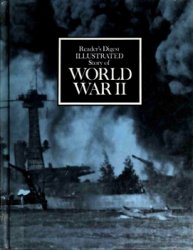The Cold War was somewhat slower to make its appearance
in Asia. At Yalta, Stalin formally agreed to enter the
Pacific war against Japan three months after the close of
the conflict with Germany. As a reward for Soviet participation
in the struggle against Japan, Roosevelt promised
that Moscow would be granted “preeminent interests”
in Manchuria (interests reminiscent of those possessed
by imperial Russia prior to its defeat by Japan in 1904 –
1905) and the establishment of a Soviet naval base at
Port Arthur. In return, Stalin promised to sign a treaty of
alliance with the Republic of China, thus implicitly committing
the Soviet Union not to provide the Chinese
Communists with support in a possible future civil war.
Although many observers would later question Stalin’s
sincerity in making such a commitment to the vocally
anti-Communist Chiang Kai-shek, in Moscow the decision
probably had a logic of its own. Stalin had no particular
liking for the independent-minded Mao Zedong and
did not anticipate a victory by the Chinese Communist
Party (CCP) in the eventuality of a civil war in China.
Only an agreement with Chiang Kai-shek could provide
the Soviet Union with a strategically vital economic and
political presence in North China.
Despite these commitments, Allied agreements soon
broke down, and the region was sucked into the vortex of
the Cold War by the end of the decade. The root of the
problem lay in the underlying weakness of the Chiang
Kai-shek regime, which threatened to create a political
vacuum in East Asia that both Moscow and Washington
would be tempted to fill.




 World History
World History









